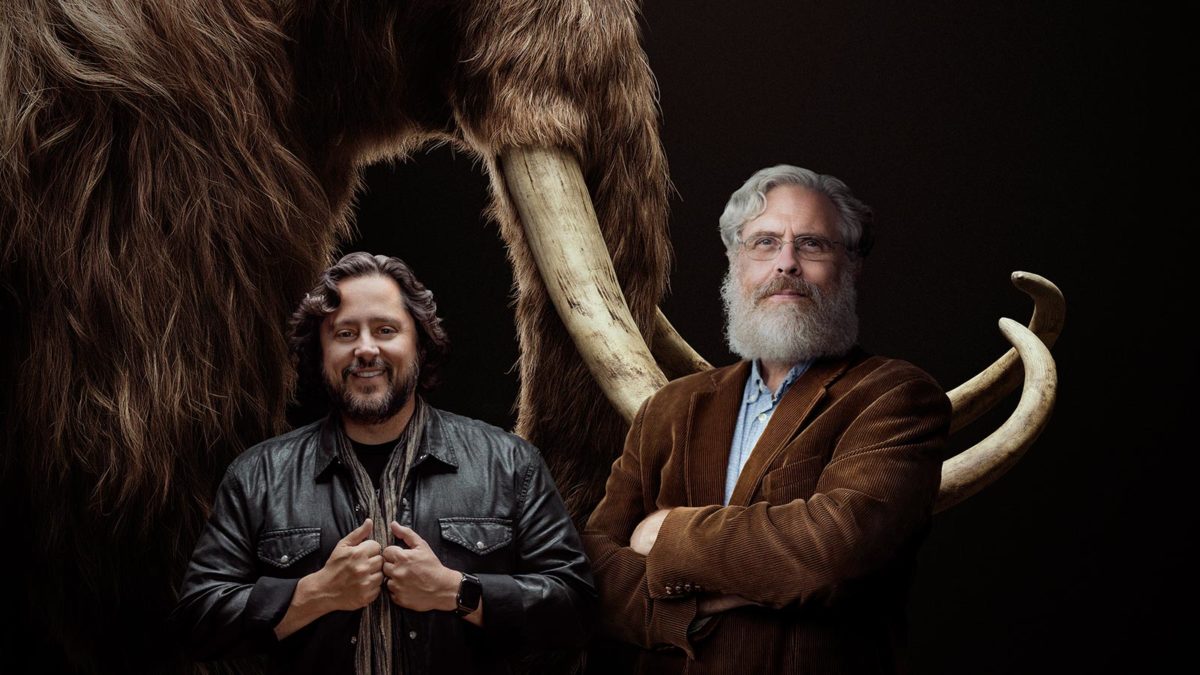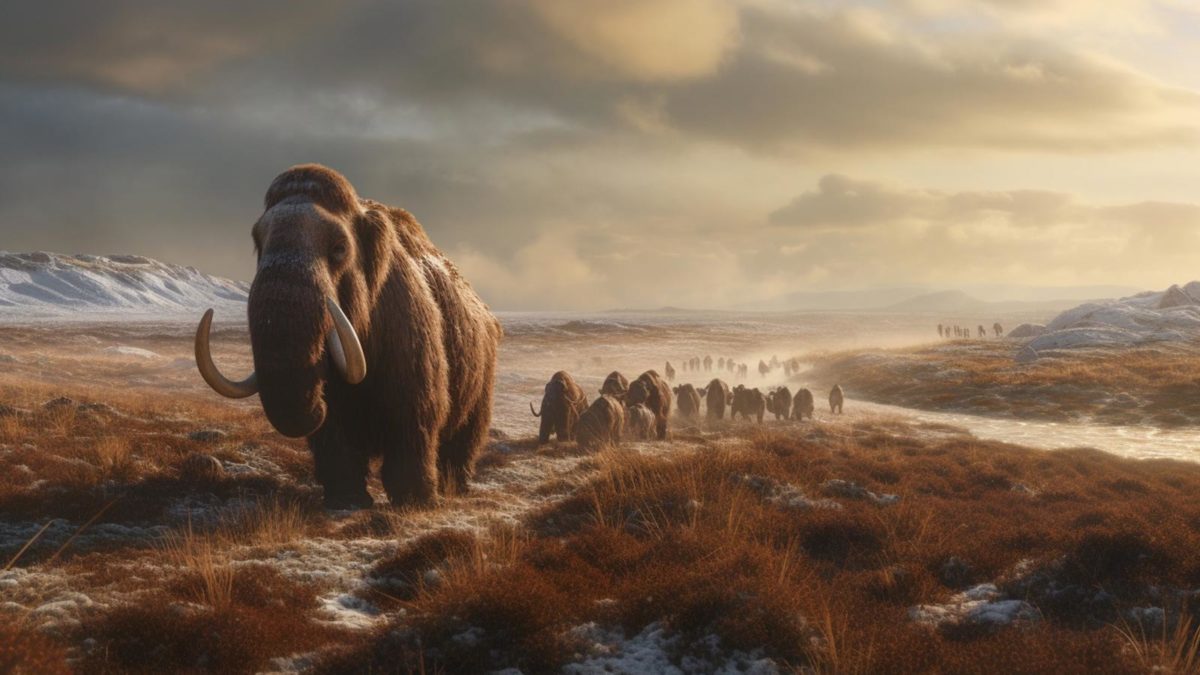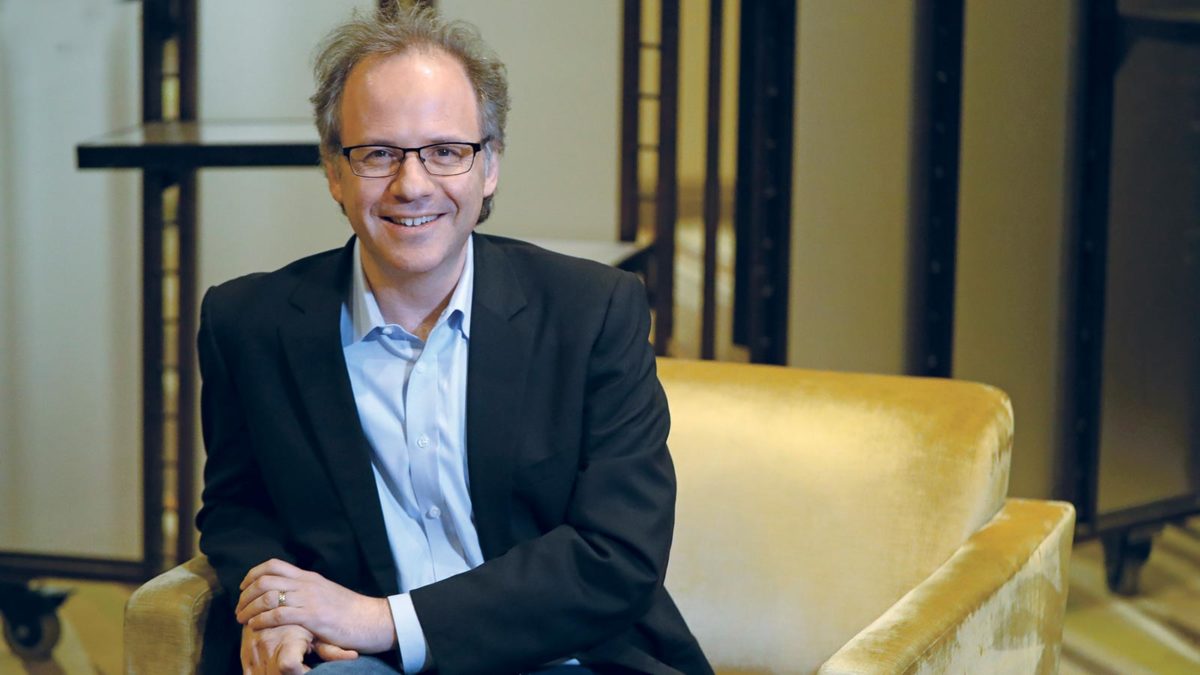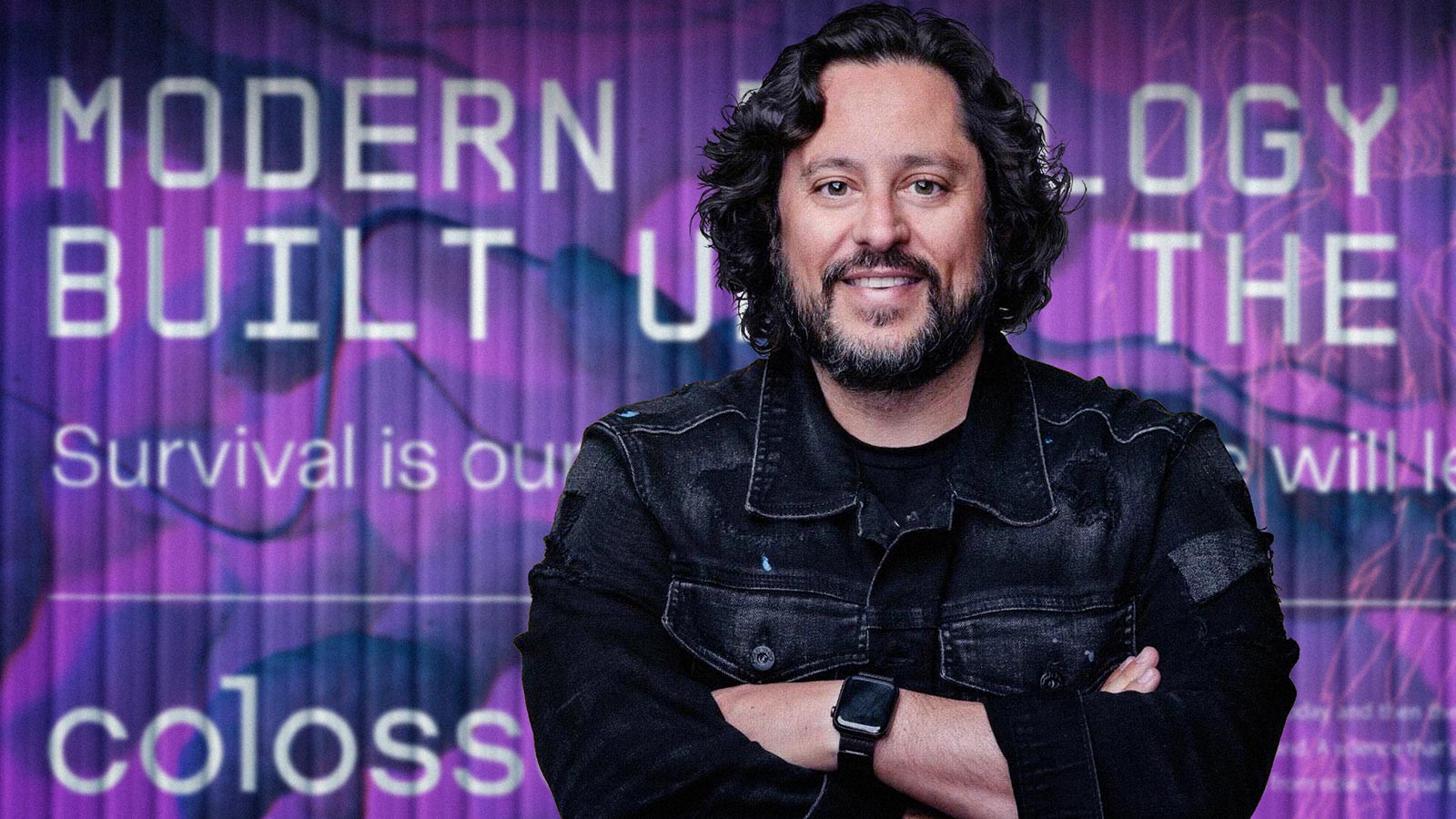On December 6-7, all innovation roads lead to the mesh conference in Toronto, and today the event unveiled more detail on two featured keynote speakers.
Joining the mesh conference as a keynote speaker is Colossal CEO, Ben Lamm. Known for his pioneering work at the intersection of biotechnology and conservation, Lamm’s presence promises to ignite discussions and offer unparalleled insights into the future of biotech, de-extinction, and environmental sustainability.
Also joining mesh as a keynote speaker is Dr. Michael Geist, a prominent lawyer and leading authority on technology law and policy. Geist has been a regular columnist on digital policy with leading publications such as the Globe and Mail and Toronto Star and is the creator and host of Law Bytes, one of Canada’s top technology podcasts.
With a focus on four threads — business, media and technology, society, and marketing — the mesh conference hosts Canadian digital transformation leaders who will meet to connect, share, and inspire others to think about changing the way we think, organize, operate and behave.

“De-extinction” is vital to fighting climate change
Colossal Biosciences’ Ben Lamm will join the mesh conference for a conversation about the work his company is doing to bring back the woolly mammoth, the Tasmanian tiger, and the dodo bird.
Lamm is a serial entrepreneur who started Colossal in 2021 with George Church, a biologist at Harvard Medical School. The company is working to advance the field of species de-extinction in order to bring back biodiversity and reintroduce species to Earth to help fight climate change.
Colossal’s work comes at a time when the world has entered the sixth extinction crisis, where the loss of species can have devastating effects on biodiversity that is crucial to human survival.

Colossal is building technology to stop the extinction process, secure animal DNA, and reverse environmental damage created by humans.
“In addition to bringing back ancient extinct species like the woolly mammoth, we will be able to leverage our technologies to help preserve critically endangered species that are on the verge of extinction and restore animals where humankind had a hand in their demise,” Lamm says.
De-extinction reverses plant and animal extinction by creating new proxy versions of these lost species. By bringing back extinct animals, the goal is to restore ecosystems that have been lost. By bringing back extinct animals, the goal is to restore ecosystems that have been lost, while increasing biodiversity and restoring ecosystem resilience.
Learn more about Colossal:
Canada’s digital policy has gone off the rails
Dr. Michael Geist will join the mesh conference for a keynote conversation on Canada’s digital policy where he will share his views on why he thinks it’s gone off the rails, and advice about what engaged communities should be doing.
Geist is the Canada Research Chair in Internet and e-Commerce Law, a Faculty member at the Centre for Law, Technology and Society, and a Professor at the University of Ottawa.

At the mesh conference, Geist will lead an engaging discussion that will delve into the current landscape of Canadian digital policy, focusing on the repercussions of the Online News Act, known commonly as Bill C-18. The removal of Canadian news from major platforms like Facebook and Instagram by Meta, as well as the anticipated response from Google involving a ban on Canadian news in search results, will be explored in depth.
Geist, a recognized authority in technology law and policy, will also shed light on the implications and nuances of the Online Streaming Act, formerly known as Bill C-11 that imposes new rules on certain online streaming services.
This session aims to foster a comprehensive understanding of the challenges posed by evolving digital policies in Canada and to propose actionable steps for proactive engagement and advocacy.
Two weeks until we mesh
The mesh conference is a two-day event that will feature a series of inspiring talks, interactive workshops, and panel discussions that delve into how technology and innovation can be used to augment human capabilities to improve our world.
Attendees will gain insights into the latest digital trends, emerging technologies, and strategies for achieving human-centered digital transformation.
The mesh conference is back in Toronto on December 6-7 after relaunching earlier this year in Calgary where more than 200 people met to connect, share, and inspire.
The mesh conference recently announced it will be donating all proceeds from the event to Second Harvest, Canada’s largest food rescue organization and leader in perishable food redistribution.
See more speakers and get your tickets at meshconference.com














